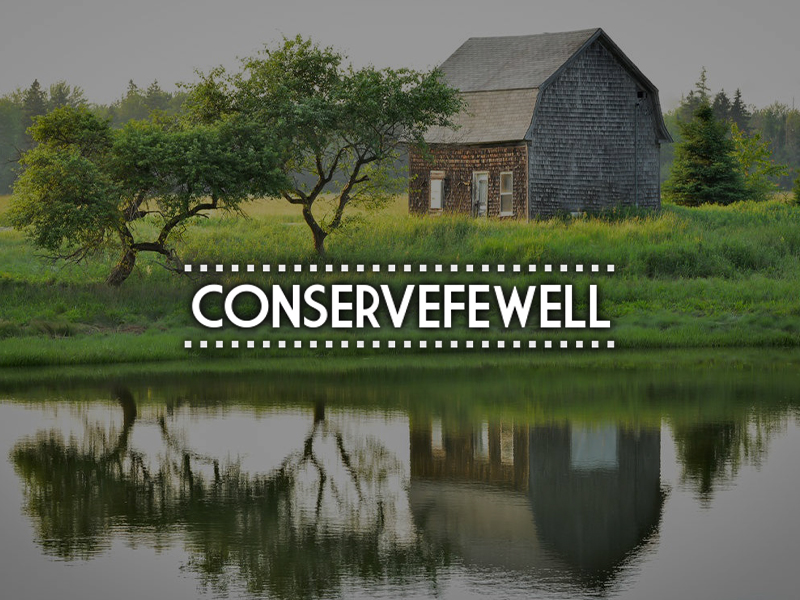By Brent Fewell
In a January 4 speech to Washington University students, George Will offered some weighty thoughts on the role of government in ensuring the protection of natural rights. I’ve excerpted some of the highlights below – a wonderfully scribed literary, philosophical and poetic piece well worth the read. Will argues that nature is a reflection of norms that imbue natural rights that flow from an omniscient Creator who has endowed us with inalienable and universal rights that are antithetical to a smothering polity that seeks to supplant divine will with its own arrogance and ignorance.
When many people decide that the universe is merely the result of a cosmic sneeze, with no transcendent meaning; when they conclude that therefore life should be filled to overflowing with distractions – comforts and entertainments – to assuage the boredom; then they become susceptible to the excitements of politics promising ersatz meaning and spurious salvation from a human condition bereft of transcendence.
Will continues:
When people today speak of nature they generally speak of flora and fauna – of trees and animals and other things not human. But the Founders spoke of nature as a guide to, and measure of, human action. They thought of nature not as something merely to be manipulated for human convenience but rather as a source of norms to be discovered.
They understood that natural rights could not be asserted, celebrated and defended unless nature, including human nature, was regarded as a normative rather than a merely contingent fact. This was a view buttressed by the teaching of Biblical religion that nature is not chaos but rather is the replacement of chaos by an order reflecting the mind and will of the Creator.
This is the Creator who endows us with natural rights that are inevitable, inalienable and universal – and hence the foundation of democratic equality. And these rights are the foundation of limited government – government defined by the limited goal of securing those rights so that individuals may flourish in their free and responsible exercise of those rights.
A government thus limited is not in the business of imposing its opinions about what happiness or excellence the citizens should choose to pursue. Having such opinions is the business of other institutions – private and voluntary ones, especially religious ones – that supply the conditions for liberty.
* * *

